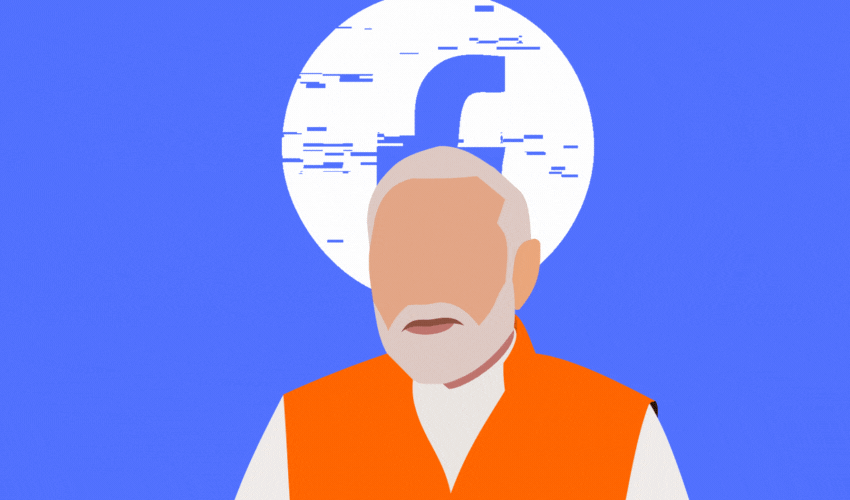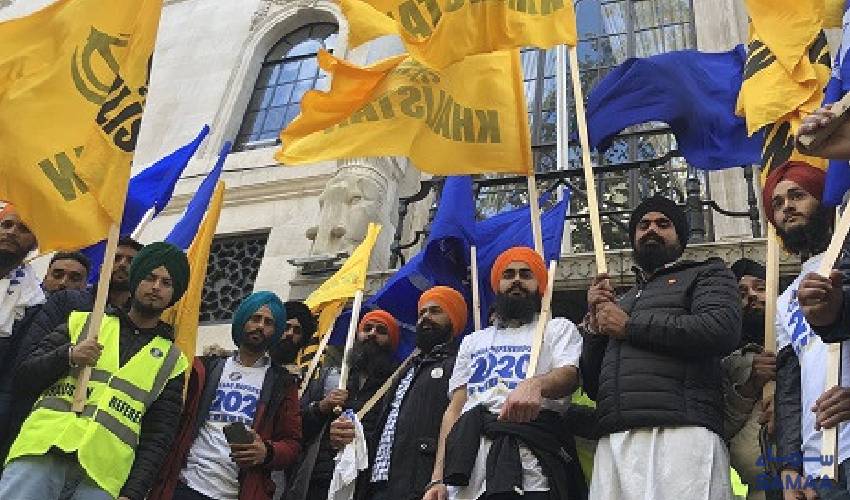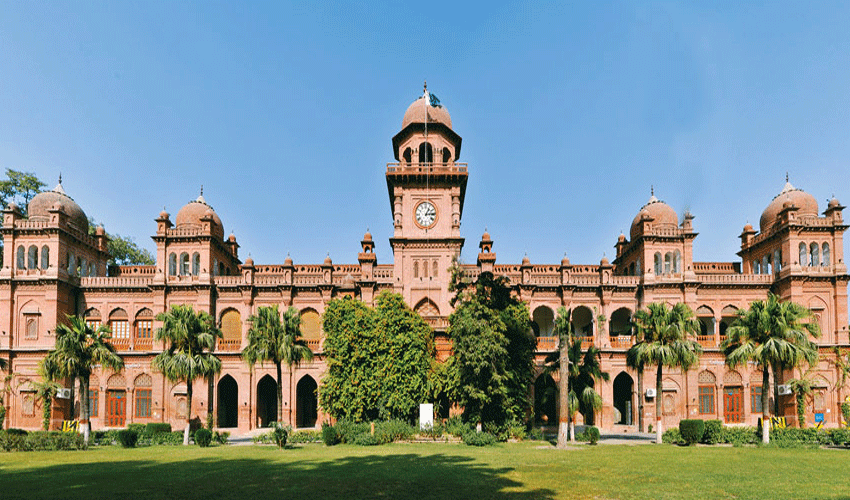A recent investigation has unveiled troubling allegations that Facebook, now known as Meta, allowed propaganda and hate speech to thrive in India under the influence of the country's ruling Bharatiya Janata Party (BJP) led by Prime Minister Narendra Modi.
The report published in The Washington Post sheds light on how the social media giant has been hesitant to take action against the BJP and its allies, raising concerns about the influence of authoritarian governments on tech platforms worldwide.
Explosive revelation in Kashmir
Nearly three years ago, Facebook's investigators discovered a vast social media influence operation in Kashmir, a region fraught with tension and conflict.
The operation, which praised the Indian army's crackdown in the area, was found to be run by the Indian army's Chinar Corps.
However, when Facebook's Coordinated Inauthentic Behavior (CIB) unit sought to delete the network's pages, executives in the New Delhi office hesitated, citing concerns about antagonizing the Indian government.
This delay allowed disinformation to endanger Kashmiri journalists until top Facebook executives finally intervened.
India's influence on tech giants
India has become a critical market for tech companies, with its substantial English-speaking population and rapid digital growth.
This has often led to special treatment for content that would otherwise violate platform terms of service.
Meta's cautious approach to moderating pro-government content in India has been exacerbated by a clash between U.S.-based investigators and Indian executives who have political ties aligning with the BJP.
Troubling pattern
Interviews with current and former Meta employees and internal documents reveal a pattern of reluctance to take down content, even when it openly promoted hate speech and violence against Indian Muslims.
In 2019, a probe into Meta's handling of human rights in India found that the platform did not stop hate speech or calls for violence ahead of a religious riot in Delhi that left over 50 people dead. This report was never published in full, raising concerns about transparency.
Dangerous precedent
India's influence on tech companies is setting a troubling example for authoritarian governments worldwide.
Countries like Brazil, Nigeria, and Turkey are following India's lead in pressuring social media platforms to preserve or remove content regardless of platform rules. This trend threatens free speech and raises concerns about the power of governments to influence tech giants.
Global Implications
The U.S. government's reliance on India as a strategic counterweight to China has led to a willingness to overlook human rights issues and other problems in India.
India's success in pressuring internet companies has inspired imitators around the world, creating a global challenge for tech platforms and democratic values.
The allegations against Meta in India highlight the delicate balance tech companies must strike between profitability, geopolitical pressures, and their stated commitment to free speech and user safety.
As governments increasingly assert their influence over social media, the global tech industry faces a pivotal moment in safeguarding democratic values and human rights.



























